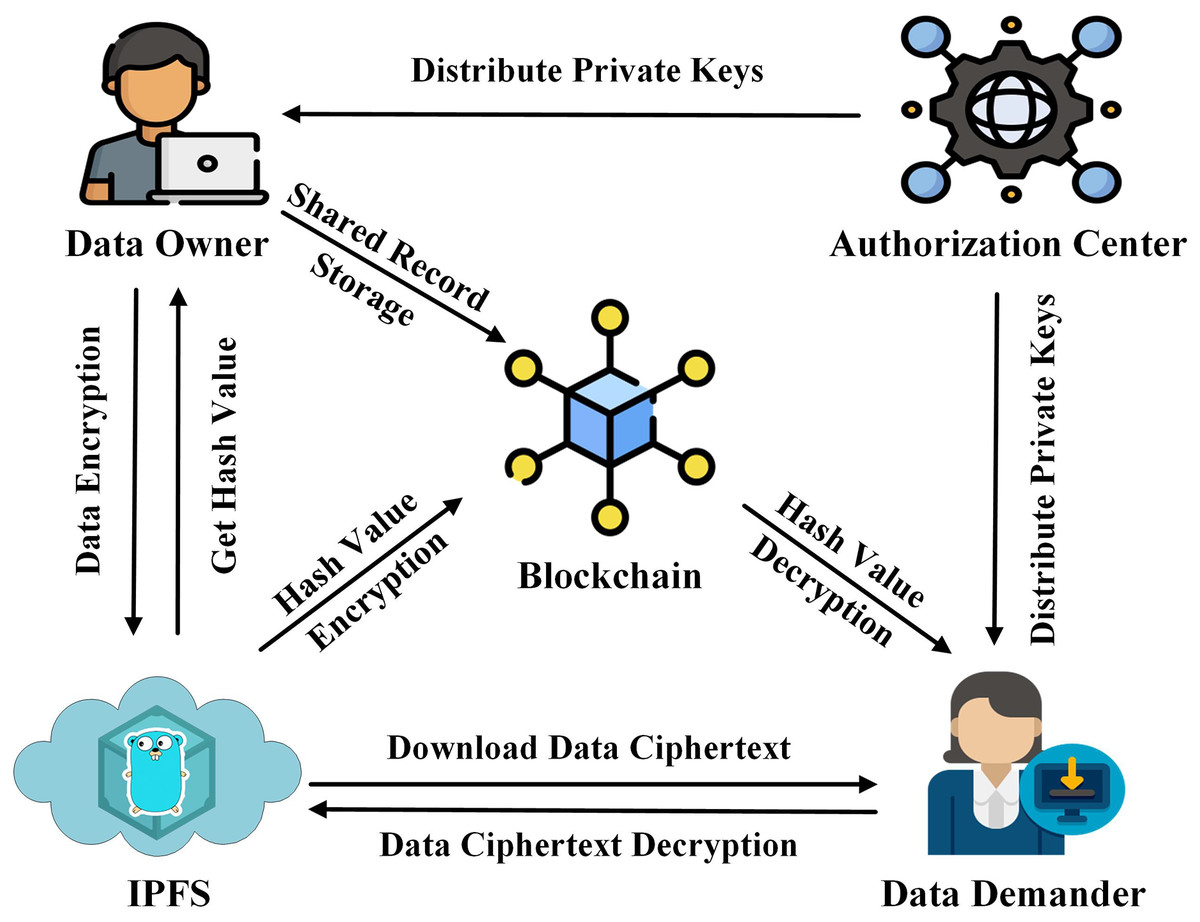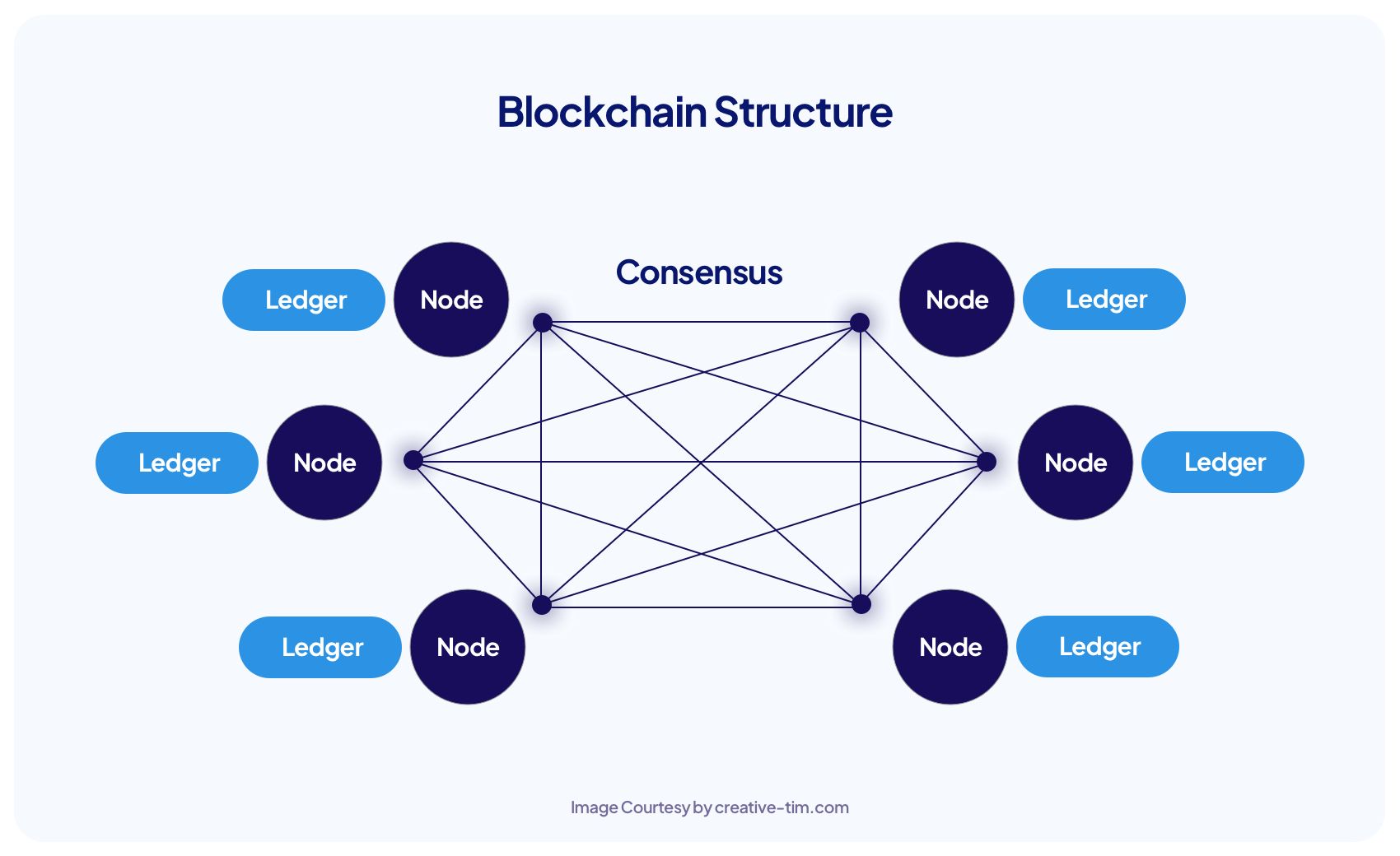“how blockchain can enhance data security in business”
Related Articles
- “best Practices For Implementing Zero Trust Architecture In Business”
- “how To Secure IoT Devices In Corporate Networks”
- “importance Of Regular Cybersecurity Audits For Enterprises”
- “future-proofing Your Business Against Quantum Hacking”
- “top-rated Cybersecurity Software For Businesses In 2025”
Introduction
Uncover the latest details about “how blockchain can enhance data security in business” in this comprehensive guide.
However, this invaluable asset is constantly under siege from cyber threats, data breaches, and internal malfeasance. Traditional security measures, while important, often fall short in the face of sophisticated attacks. Enter blockchain technology, a revolutionary solution offering unprecedented levels of data security that can transform how businesses protect their most sensitive information. While the technology’s potential is widely discussed, many businesses remain unaware of the "big secret" tips and tricks that unlock its full security capabilities. This article delves deep into these strategies, offering a comprehensive exploration of how blockchain can enhance data security in your business.

1. Immutable Data Records: The Foundation of Blockchain Security
The core strength of blockchain lies in its immutable ledger. Once data is recorded on a blockchain, it cannot be altered or deleted without detection. This immutability is achieved through cryptographic hashing and distributed consensus mechanisms. Each block of data is linked to the previous one through a unique cryptographic hash, forming an unbroken chain. Any attempt to tamper with a single block would immediately invalidate the entire chain, alerting all participants. This fundamentally changes the game for data security, providing a level of assurance unattainable with traditional databases.
For businesses, this translates to:
- Enhanced Audit Trails: Every transaction and data modification is permanently recorded, providing a transparent and auditable history. This is invaluable for regulatory compliance, fraud detection, and resolving disputes.
- Data Integrity Guarantee: The immutability ensures the authenticity and integrity of data, eliminating the risk of data manipulation or unauthorized changes. This is particularly crucial for sensitive data like financial records, medical information, and intellectual property.
- Improved Data Governance: Blockchain facilitates better data governance by providing a single source of truth, reducing the risk of data silos and inconsistencies.
2. Decentralization: Eliminating Single Points of Failure
Traditional data storage systems often rely on centralized servers, making them vulnerable to single points of failure. A hacker gaining access to a central server can compromise the entire dataset. Blockchain, however, is inherently decentralized. Data is distributed across a network of nodes, meaning there’s no single point of vulnerability. Even if some nodes are compromised, the majority of the network remains intact, ensuring data availability and security.

This decentralization offers:
- Increased Resilience: The distributed nature of blockchain makes it highly resistant to cyberattacks, natural disasters, and other disruptions.
- Improved Data Availability: Even if some nodes fail, the data remains accessible through other nodes in the network.
- Reduced Reliance on Central Authorities: Decentralization reduces reliance on trusted third parties, minimizing the risk of data breaches due to internal or external compromises.
3. Cryptographic Security: Unbreakable Encryption
Blockchain utilizes sophisticated cryptographic techniques to secure data. Data is encrypted using strong cryptographic algorithms, making it virtually impossible for unauthorized individuals to access or decipher. This encryption is not just applied to the data itself but also to the transactions and the entire blockchain structure.
The cryptographic benefits include:
- Data Confidentiality: Encryption ensures that only authorized users can access the data.
- Authentication and Authorization: Cryptographic techniques verify the authenticity of users and transactions, preventing unauthorized access and manipulation.
- Non-Repudiation: Cryptographic signatures ensure that transactions cannot be denied by the parties involved.
4. Smart Contracts: Automating Security Protocols
Smart contracts are self-executing contracts with the terms of the agreement directly written into code. They automate security protocols, eliminating the need for intermediaries and reducing the risk of human error or malicious intent. For example, smart contracts can be used to automatically enforce data access controls, ensuring that only authorized individuals can access specific data.
Smart contracts offer:
- Automated Enforcement: They automatically execute pre-defined rules and conditions, ensuring data security is consistently maintained.
- Reduced Human Intervention: This minimizes the risk of human error or malicious actions.
- Increased Transparency and Accountability: The code of a smart contract is publicly accessible, enhancing transparency and accountability.
5. Access Control and Permissioning: Granular Data Management
Blockchain allows for granular access control and permissioning, enabling businesses to precisely define who can access specific data and what actions they can perform. This fine-grained control minimizes the risk of data breaches and unauthorized access. Different levels of access can be granted based on roles, responsibilities, and other criteria.
This feature provides:
- Enhanced Data Privacy: Only authorized individuals can access sensitive data.
- Improved Compliance: It helps businesses comply with data privacy regulations like GDPR and CCPA.
- Reduced Risk of Insider Threats: Strict access controls minimize the risk of data breaches caused by malicious insiders.
6. Data Provenance and Traceability: Tracking Data’s Journey
Blockchain provides complete traceability of data, allowing businesses to track the origin, movement, and usage of their data throughout its lifecycle. This is crucial for ensuring data integrity and identifying potential security breaches. Knowing the complete history of a data point helps in identifying potential vulnerabilities and responding effectively to incidents.
This offers:
- Improved Data Governance: Tracking data’s journey helps businesses maintain better control over their data.
- Enhanced Security Auditing: It simplifies the process of auditing data security practices.
- Facilitates Faster Incident Response: Knowing the data’s history helps in quickly identifying and addressing security breaches.
7. Integration with Existing Systems: A Seamless Transition
While blockchain offers significant security advantages, it’s not a standalone solution. Successfully implementing blockchain for data security requires integrating it with existing business systems and workflows. This integration can be challenging but crucial for realizing the full potential of the technology. Carefully planned integration strategies are essential to ensure a smooth transition and avoid disrupting existing operations. APIs and other integration tools can facilitate this process.
8. Choosing the Right Blockchain Platform: A Critical Decision
The choice of blockchain platform is crucial for the success of any blockchain-based security initiative. Different platforms offer different features, performance characteristics, and security levels. Businesses need to carefully evaluate their specific needs and choose a platform that aligns with their requirements. Factors to consider include scalability, transaction speed, security features, and community support.
Frequently Asked Questions (FAQs)
Q: Is blockchain completely unhackable?
A: While blockchain technology is highly secure, it’s not entirely unhackable. Weaknesses can exist in the implementation of the blockchain system, smart contracts, or the surrounding infrastructure. However, the decentralized and cryptographic nature of blockchain makes it significantly more resistant to attacks compared to traditional systems.
Q: How expensive is it to implement blockchain for data security?
A: The cost of implementing blockchain varies depending on factors such as the complexity of the solution, the size of the data set, and the chosen platform. While initial investment can be significant, the long-term benefits in terms of reduced security risks and improved data governance often outweigh the costs.
Q: How long does it take to implement blockchain for data security?
A: The implementation time depends on the complexity of the project and the existing infrastructure. It can range from several months to a year or more. Careful planning and a phased approach are crucial for successful implementation.
Q: What are the potential challenges of implementing blockchain for data security?
A: Challenges include the complexity of the technology, the need for skilled personnel, the integration with existing systems, and the scalability of the chosen platform. Addressing these challenges requires careful planning, expertise, and a phased approach.
Q: What types of businesses benefit most from blockchain data security?
A: Businesses handling sensitive data, such as financial institutions, healthcare providers, and government agencies, can significantly benefit from blockchain’s enhanced security. Any business concerned about data breaches, regulatory compliance, or maintaining data integrity can also leverage blockchain’s capabilities.
This comprehensive overview provides a solid foundation for understanding how blockchain can enhance data security within your business. Remember, the "big secret" lies not just in the technology itself, but in its strategic and thoughtful implementation. By carefully considering the points outlined above, businesses can harness the power of blockchain to create a robust and secure data ecosystem.
Source URL: [Insert a relevant URL from a reputable source discussing blockchain and data security, e.g., a research paper, a news article from a trusted publication, or a website of a blockchain technology provider.] (e.g., https://www.ibm.com/topics/blockchain)
Closure
Thank you for reading! Stay with us for more insights on “how blockchain can enhance data security in business”.
Make sure to follow us for more exciting news and reviews.
Feel free to share your experience with “how blockchain can enhance data security in business” in the comment section.
Stay informed with our next updates on “how blockchain can enhance data security in business” and other exciting topics.
